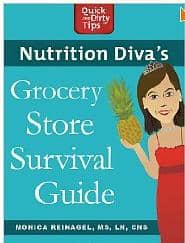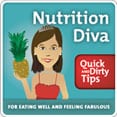 Q. We just moved to Texas from Ireland. I am trying to find a bread in local markets that has no sugar and low salt. I am also trying to find canned/jars of plain crushed tomatoes with no salt as I make my own sauce. I am shocked at the amounts of salt and sugar in everything here in the USA.
Q. We just moved to Texas from Ireland. I am trying to find a bread in local markets that has no sugar and low salt. I am also trying to find canned/jars of plain crushed tomatoes with no salt as I make my own sauce. I am shocked at the amounts of salt and sugar in everything here in the USA.
A. When you eat foods that are high in salt and/or sugar, you get accustomed to a greater degree of saltiness and sweetness. I guess the selection of processed foods you’re finding in American grocery stores shows what we’ve become accustomed to. (The good news? It works both ways: You can retrain your tastebuds to prefer less salt and sugar by gradually decreasing the amounts.)
See also: The Great Salt Debate
It should be possible to find some brands that are lower in salt and sugar, though, even in a mainstream grocery store. Ezekiel, Pepperidge Farm, and Nature’s Own all make breads that are relatively low in salt and sugar, for example. Hunt’s and DelMonte both produce canned tomatoes with no salt.
To make the hunt for healthier options a little easier, check out the following tools: Continue reading “Shop Smart: Finding the Healthiest Options” >



